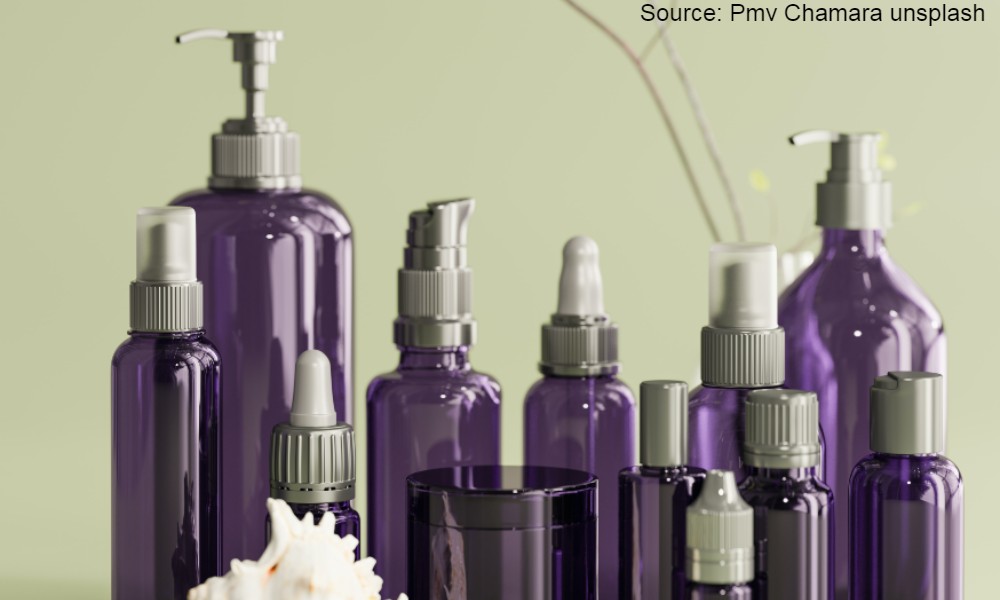Consumer rights activist says that the Cosmetic Rules, 2020 are not being implemented properly.
Consumers continue to complain that the labels of cosmetic products do not mention the ingredients used, despite the introduction of Cosmetic Rules, 2020. Companies make misleading claims and add harmful ingredients to the products.
Yashika Singh, 23, a consumer said, “It is frustrating to see so many products in the market with no ingredient list at all.” She said that there is no way to find out if any harmful or allergic ingredients are used in the product or the claims made by the company are true.
She further said that in advertisements, many skincare companies claim that their products are made of “all natural ingredients” but their ingredients’ lists reveal the use of synthetic ingredients.
According to research by Saveetha Medical College and Hospital, Chennai, 96 percent of the participants were influenced by the advertisements of cosmetic products before buying them.
Cosmetics Rules, 2020 state that the list of ingredients need not appear for cosmetics that are less than or equal to 60 ml of liquid and 30 grams of solids and semi-solids. But many products over this range do not have the ingredient lists.
The rules also mention that the list of ingredients should be presented in the descending order according to their weight or volume. Moreover, rules prohibit companies from making false or misleading claims.
N. Riah, a cosmetologist at Mac Cosmetics, New Delhi said that India lacks proper regulation of cosmetic products. Only limited mechanisms exist to prevent the use of ingredients with harmful chemicals.
The cosmetic industry uses a toxic chemical called phthalates to make nail paints and perfumes. Also, some eye shadows contain heavy metals, which can absorb into the body through sweat.
She said that although some regulations have been put by the government on the cosmetic industry, she does not see any big changes. She said that the chances of change in the future also seem to be slim.
Another research by Maharashtra Institute of Medical Education and Research Medical College (MIMER), Pune states that the lead, arsenic, cadmium, strontium levels were either high or in detectable levels in cosmetics like kajal, lipsticks, sindoor powder, cheek rose powder and surma and turmeric powder. The absorption of these heavy metals affects all organs of a person.
Gopal Ratnam, secretary, Consumer Care Society, Banashankari said that the consumers are badly affected due to lack of regulation of cosmetics by the government. It is the right of the consumers to be provided with safe products. The proper implementation of the cosmetics rules is needed.
“The lack of staff in the drugs control department to inspect the products also makes the regulation of cosmetics difficult,” he said.
Ratnam further said that the cosmetic manufacturing industry is huge and has a variety of products related to skincare, body care, and make up. “The number of both small and big manufacturers is huge too. Thus, the regulation of the industry becomes challenging,” he said.
“Consumers need to be more vigilant while shopping. They should check for ingredient lists, educate themselves and should not be taken away by misleading claims and advertisements. The consumers can approach the consumer court and department of consumer affairs if they feel that the claim made by a company is not true or a cosmetic company is not following cosmetic rules,” he added.
Divya Yadav, 21, another consumer said that a whitening cream darkened her skin even more and led to pimples.
BT Khanapure, drugs controller at the Drugs Control Department, Palace Road said that the licensing of all the 37 categories of cosmetics is done on Bureau of Indian Standards (BIS) and the addition of heavy metal in cosmetics have been totally avoided now.




